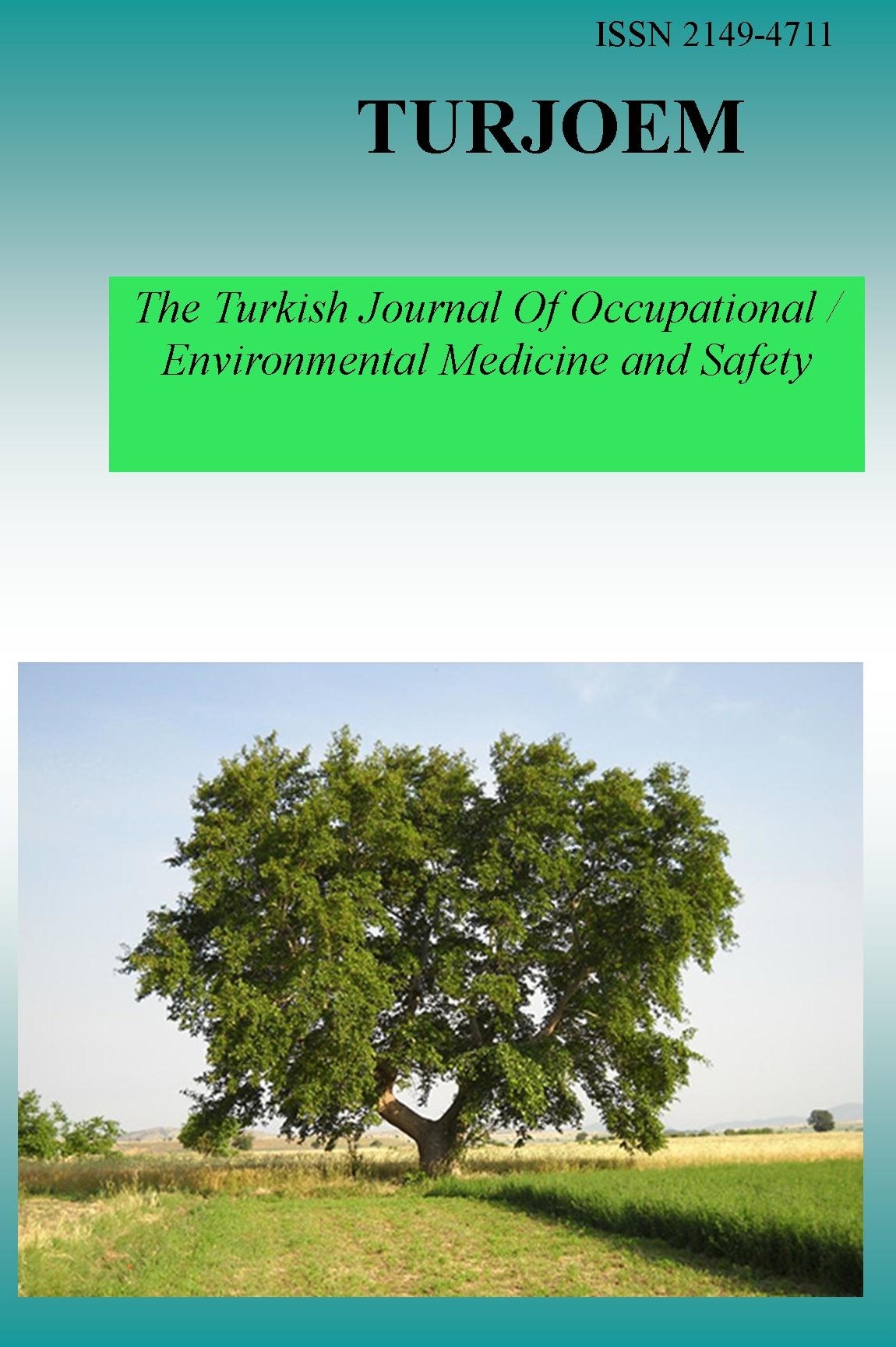THE ROLE OF METAL METABOLISM IN OXIDATIVE STRESS
THE ROLE OF METAL METABOLISM IN OXIDATIVE STRESS
___
- Yasemin KARTAL, Esra BALCIOĞLU, Zeliha KAYAALTI
- Department of Physiology, Hacettepe University, Faculty of Medicine, Turkey Institute of Forensic Sciences, Ankara University, Turkey
- ISSN: 2149-4711
- Başlangıç: 2015
- Yayıncı: Engin TUTKUN
METHOD EVALUATION OF EUREKA LABDIVISON’S DRUGS OF ABUSE IN URINE BY LC/MS KIT
ASSESSMENT OF IN VITRO GENOTOXICITY AND ANTIGENOTOXICITY OF LUTEOLIN BY USING COMET ASSAY
Esra ERIKEL, Deniz YÜZBAŞIOĞLU, Fatma ÜNAL
THE RESTORATIVE EFFECT OF ASCORBIC ACID ON LIVER INJURY INDUCED BY ASYMMETRIC DIMETHYLARGININE
Ali OKUYUCU, Osman ŞALIŞ, Ömer ALICI, Abdullah GÜVENLİ, Yüksel TERZİ, Muhammed Emin KELEŞ, Fatih İLKAYA, İbrahim GÖREN, Hasan ALAÇAM
APPLYING THE EXPOSOME CONCEPT IN STUDIES OF OCCUPATIONAL AND ENVIRONMENTAL EXPOSURES
EVALUATION OF CYTOCHROME P450 2C19 ENZYME ACTIVITY IN PATIENT WITH ANKYLOSING SPONDYLITIS
Mustafa Tugrul GOKTAS, Erdem K. ÖZER, Halil KARA, İlknur Albayrak GEZER, Umit YASAR
TOXICITIES FROM ILLICIT AND ABUSED DRUGS IN CATS AND DOGS
Begum YURDAKOK-DIKMEN, Ayhan FILAZI
SOLUTIONS FOR SCREENING AND QUANTIFYING COMPLEX TOXICOLOGY COMPOUNDS WITH LC-MS/MS AND LC-QTof
EFFECTS OF OCCUPATIONAL CANCERS ON GENE REGULATION
